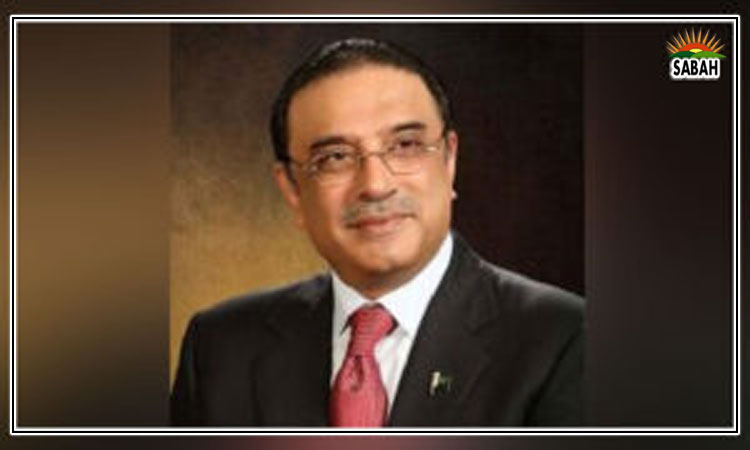The value of memory…. Muhammad Hamid Zaman
Decades ago, when I was buying my first computer, and asking friends and colleagues how and what to choose, there was one answer: memory. They were less concerned about the brand at that time, but told me the strength of the machine depended on its memory. RAM or random access memory was something I had to pay attention to. Fast forward a few years and my research group started to assemble its own computers instead of buying things off the shelf. Once again, the emphasis of performance was on memory. Little has changed over the years. As the world embraces new and complex tools of AI and ChatGPT, it is memory that shapes performance.
But memory is not simply the ability of a chip. It is also the fuel of our finest creative efforts. Last week, some in Lahore got to hear from one of the preeminent writers of our time. Abdulrazak Gurnah, the 2021 Nobel Prize Winner in Literature, and an extraordinary writer of our time spoke at the Lahore Literature Festival about memory and how it shapes his own writing. He talked about memory as a writers hinterland and how it is a vital resource for him and other writers like himself. His exquisite writing testifies this.
Few would deny the value of memory in our own experiences. From the oral traditions that we hold dear to the very values on which we structure our lives, memory is vital. Yet, as a society we make every effort to neither protect nor preserve it. National archives remain in a shambles. The shattered windows, the crumbling infrastructure and neglect is visible even from a distance. The situation inside is even worse. It is dimly lit, infested with insects, and parts of the institution resemble unsafe back alleys of city in pitch dark. I have been to archives in over a dozen countries, including several which are in low income countries. The national archives in Pakistan, by a long shot, would rank at the very bottom of that list.
Then there are situations where there are no archives whatsoever and no interest in preserving records. Here, I am not talking about some highly politicised parts of our history (which I will come to towards the end). I am talking about basic record keeping. For example, within the ministry of health, there are few, if any, records of major decisions or changes in health policy as the country tackled major health challenges or epidemics over the years. Asking colleagues to guide one to any historical records about immunisation in the refugee camps after the creation of the country, the decisions around introduction of new antibiotics, vaccination campaigns of the 1950s or cholera epidemics of 1960s leads to a unique and an unpleasant experience. Some would look at you as if you were a visitor from outer space, others would give you a blank look, and some would make a sarcastic comment about why anyone would want to worry about the past when the present looks so bleak. Perhaps the present is bleak because the past is inaccessible.
The neglect, of course, is in addition to the no-go areas of our own history. Some memory we have lost because of disregard, some we want to make sure no one ever taps into. Eventually, as the eyewitnesses will no longer be around, it would also be lost. Somehow, as a society we are ok with that. Too often, we talk about aspiring for efficiency in mechanical terms. I do not think that we should want to be a machine. But if for the sake of argument, we looked at societal performance as if we were a machine, we would be really bad, for there is no room for a machine in the modern world that has no memory. Unfortunately, I believe that this argument also holds true for communities and not just machines.
CourtesyThe Express Tribune, February 28th, 2023.












